Description
This intensive program equips participants with hands-on skills in thermal analysis, mechanical reliability, and electrical performance modeling of semiconductor packages. Through a blend of lectures, case studies, and industry-standard software tutorials (ANSYS, COMSOL), you will learn to predict, analyze, and optimize package behavior under real-world operating conditions—enabling robust design of high-power LEDs, ICs, MEMS, and next-generation devices.
| Segment | Total Hours |
| Thermal Design & Modeling | 9 |
| Module 1: Heat Transfer Fundamentals | 3 |
| Module 2: Finite Element Thermal Modeling | 3 |
| Module 3: Thermal Management Solutions | 3 |
| Mechanical Reliability | 9 |
| Module 1: Mechanical Behavior of Packaging Materials | 3 |
| Module 2: Stress and Strain Modeling | 3 |
| Module 3: Reliability Testing and Failure Analysis | 3 |
| Electrical Performance | 9 |
| Module 1: Signal Integrity Fundamentals | 3 |
| Module 2: Power Integrity & EMI/EMC | 3 |
| Module 3: Electrothermal & Electromechanical Coupling | 3 |
➢ Learning Outcomes
By the end of this course, participants will be able to:
- Apply conduction, convection, and radiation principles to build thermal-resistance network models and perform steady-state and transient analyses.
- Develop finite-element thermal simulations with appropriate meshing, boundary conditions, and transient solvers in ANSYS or COMSOL.
- Design and evaluate package-level thermal management solutions using TIMs, heat spreaders, vapor chambers, and optimized airflow.
- Characterize mechanical properties (elasticity, plasticity, creep, fatigue) of packaging materials and incorporate temperature-dependent behavior.
- Perform thermo-mechanical finite-element analyses to predict warpage, solder-joint fatigue, and board-level drop reliability.
- Conduct reliability testing protocols—thermal cycling, power cycling, mechanical shock—and analyze failure data using Weibull statistics.
- Understand transmission-line theory, crosstalk, impedance mismatches, and S-parameter extraction for signal-integrity optimization.
- Model power-distribution networks, place and simulate decoupling capacitors, and implement EMI/EMC shielding strategies.
- Integrate electrothermal and electromechanical coupling effects—Joule heating, piezoelectric interactions—in multiphysics simulation workflows.
➢ Target Audience
This course is designed for:
- Packaging engineers seeking advanced skills in multiphysics modeling.
- Thermal and mechanical analysts aiming to integrate electrical performance considerations.
- R&D professionals in semiconductor, LED, MEMS, and advanced electronics sectors.
- Graduate students and academics focused on packaging reliability and design.
- Project leads and managers responsible for high-power or high-density package development.

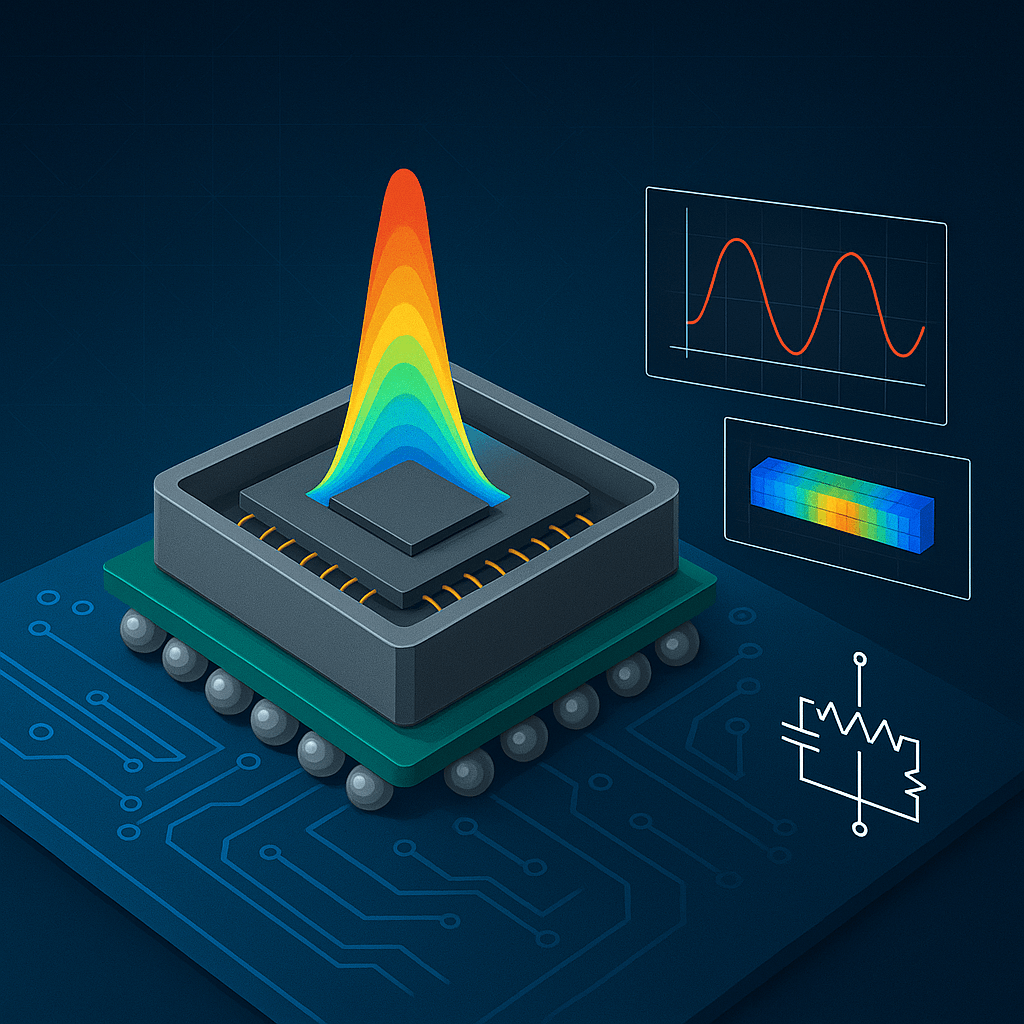
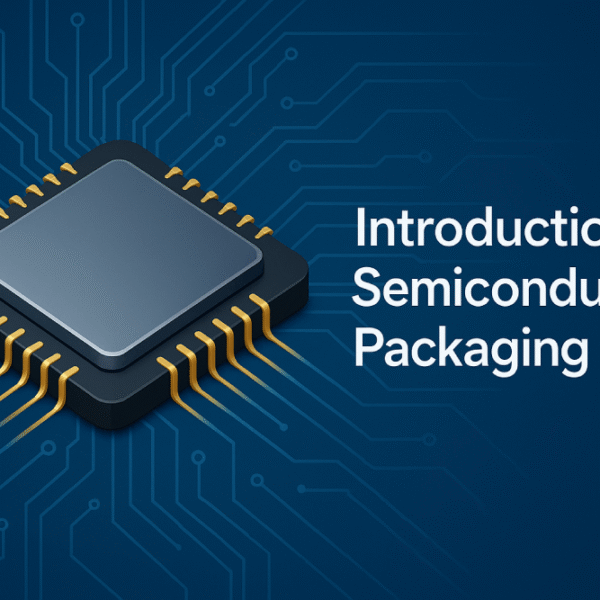
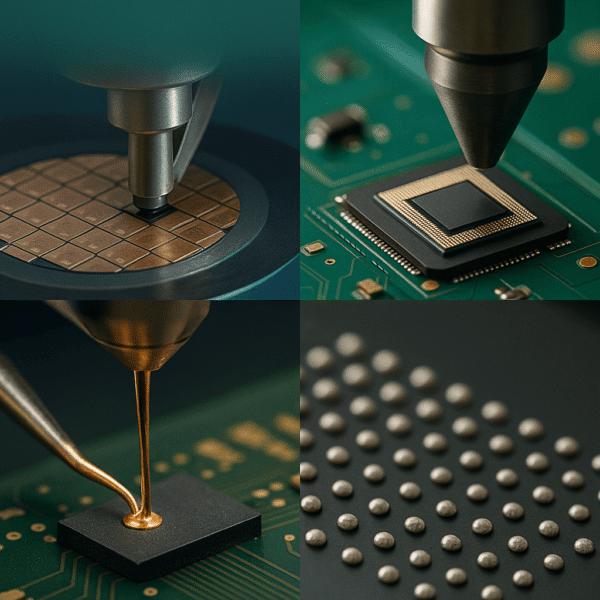
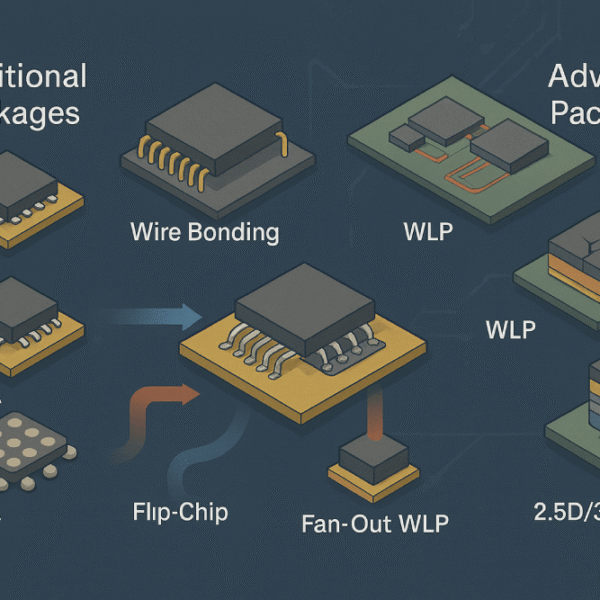
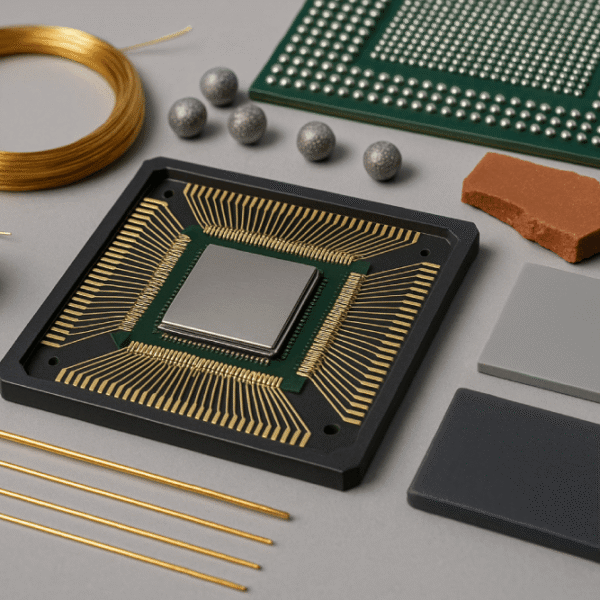
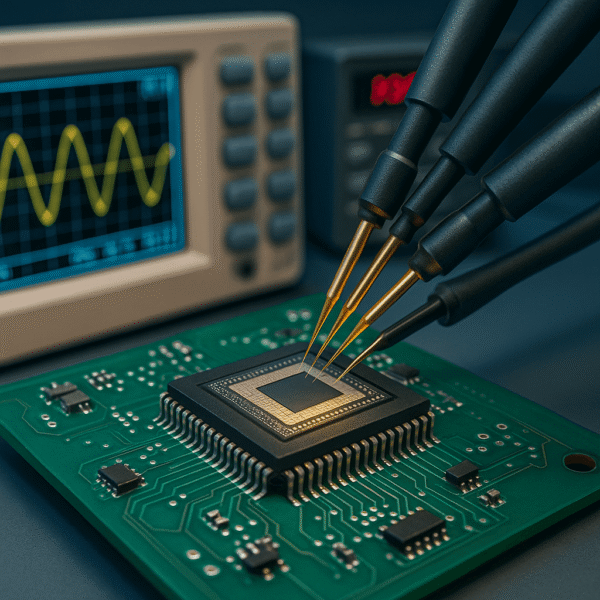
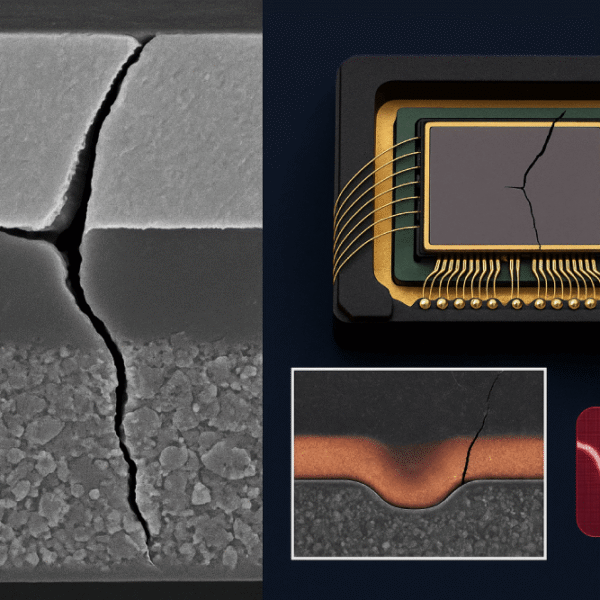
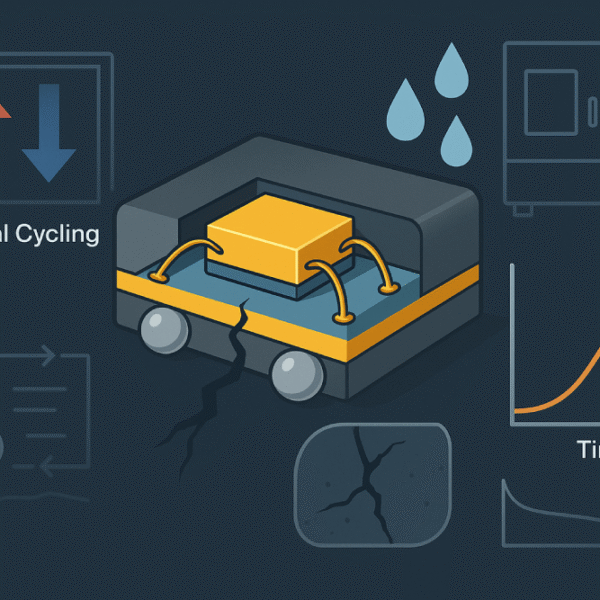
Reviews
There are no reviews yet.